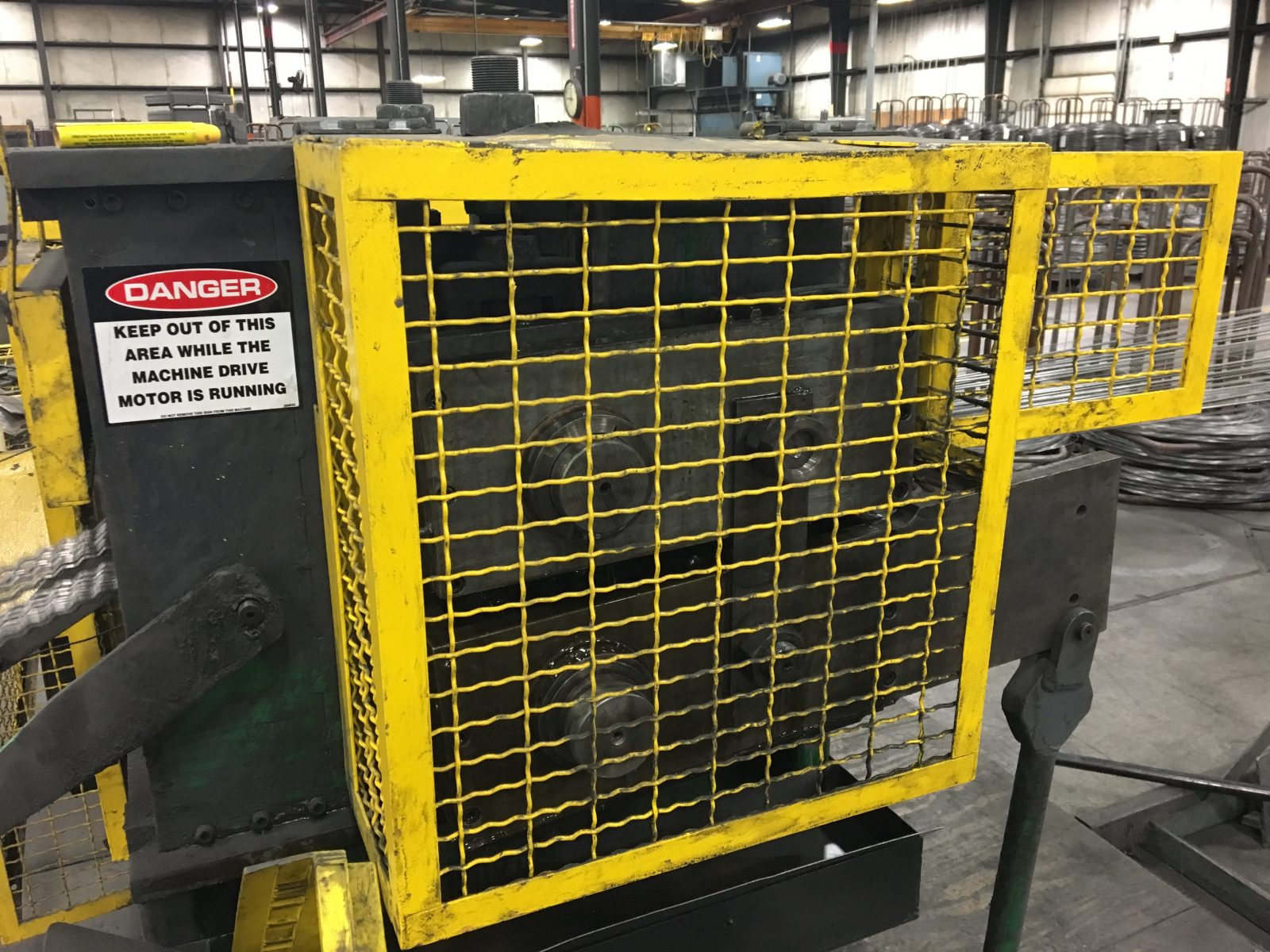Home » Course Layouts » Free Course Layout Udemy
When workers are exposed to rotating parts such as belts, pulleys, shafts, gears and chains, prime movers of equipment, and/or machinery and exposed points of operation, they are potentially at risk of injury.
Operators of machinery and equipment must be able to recognize these hazards and the factors that can contribute to them. Our course is designed to provide the knowledge required to safely operate equipment and machinery and identify the purpose and requirements for machine guarding.
0
29
English
English [CC]
- Learn basic syntax that can apply to any language.
- Learn what is a programming language and the basic concepts for beginners.
- Understand what is Javascript in it's truest form.
- Know the basic syntax of Javascript.
- Know some hidden quirks in Javascript.
Description
TYPES OF HAZARDS
 A wide variety of mechanical motions and actions may present hazards to workers operating or working around machinery. The three basic types of hazardous mechanical motions and actions are:
A wide variety of mechanical motions and actions may present hazards to workers operating or working around machinery. The three basic types of hazardous mechanical motions and actions are:
- Hazardous Motions – Including rotating machine parts, reciprocating motions (sliding parts or up/down motions), and transverse motions (materials moving in a continuous line).
- Points of Operation – The areas where the machine cuts, shapes, bores, or bends the stock being fed through it.
- Pinch Points and Shear Points – the area where a part of the body or clothing could be caught between a moving part and a stationary object. This would include power transmission apparatuses such as flywheels, pulleys, belts, chains, couplings, spindles, cams, gears, connecting rods and other machine components that transmit energy.
Course content
-
- Machine Guarding 00:20:00
- Causes of Machine Accidents 00:10:00
- Where Mechanical Hazards Occur 00:10:00
- Point of Operation 00:30:00
-
- Requirements for Safeguards 00:30:00
- Types of Guard 00:40:00
- Device 00:30:00
- Safety Tripwire Cables 00:10:00
- Two-Hand Control 00:30:00
- Gate 00:50:00
- Examples of Machine Guarding 00:40:00
- Importance Of Health And Safety In The Workplace FREE 00:10:00
- Basic Health & Safety at Workplace Video FREE 00:20:00
- Machine Guarding Inspection 4 weeks
- Safety in manufactuing safeguarding Inspection 4 weeks
- General Health and Safety Assessment 4 weeks
N.A
- 5 stars0
- 4 stars0
- 3 stars0
- 2 stars0
- 1 stars0
No Reviews found for this course.
Instructor
OpenCoursa
Accessible Education for Everyone
5
5
6
24217
4637
We are an educational and skills marketplace to accommodate the needs of skills enhancement and free equal education across the globe to the millions. We are bringing courses and trainings every single day for our users. We welcome everyone woth all ages, all background to learn. There is so much available to learn and deliver to the people.
Explore Free Courses
Access valuable knowledge without any cost.
{"title":"","show_title":"0","post_type":"course","taxonomy":"course-cat","term":"engineering-skills,health-and-safety","post_ids":"","course_style":"free","featured_style":"course6","masonry":"","grid_columns":"clear4 col-md-3","column_width":"268","gutter":"30","grid_number":"4","infinite":"","pagination":"","grid_excerpt_length":"20","grid_link":"1","grid_search":"0","course_type":"","css_class":"","container_css":"","custom_css":""}












